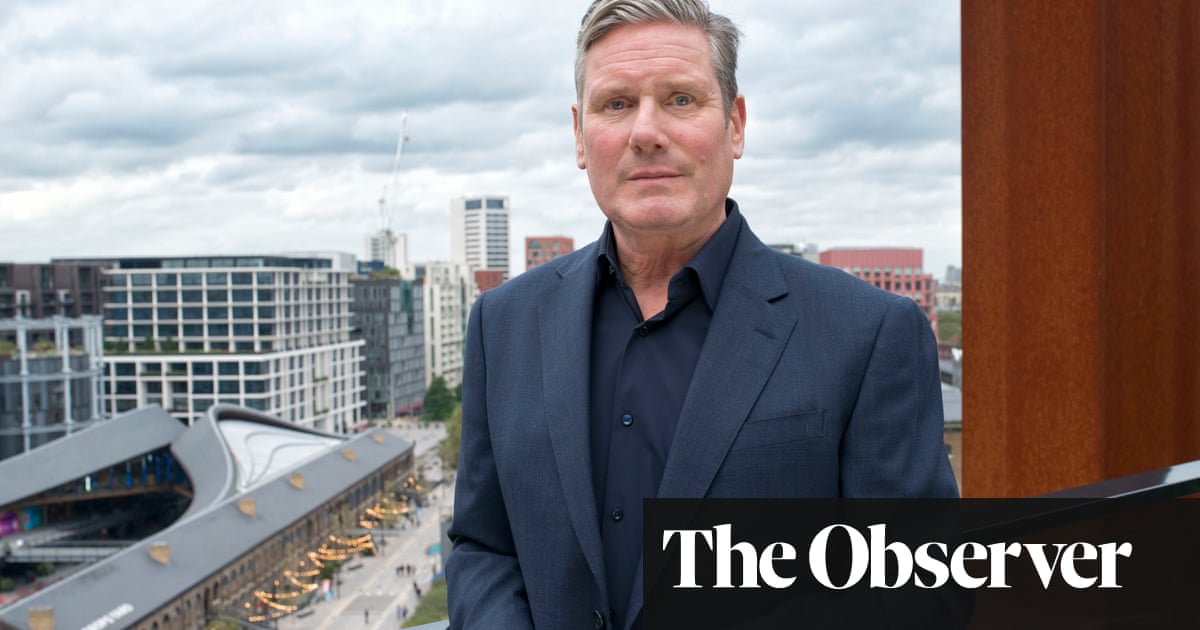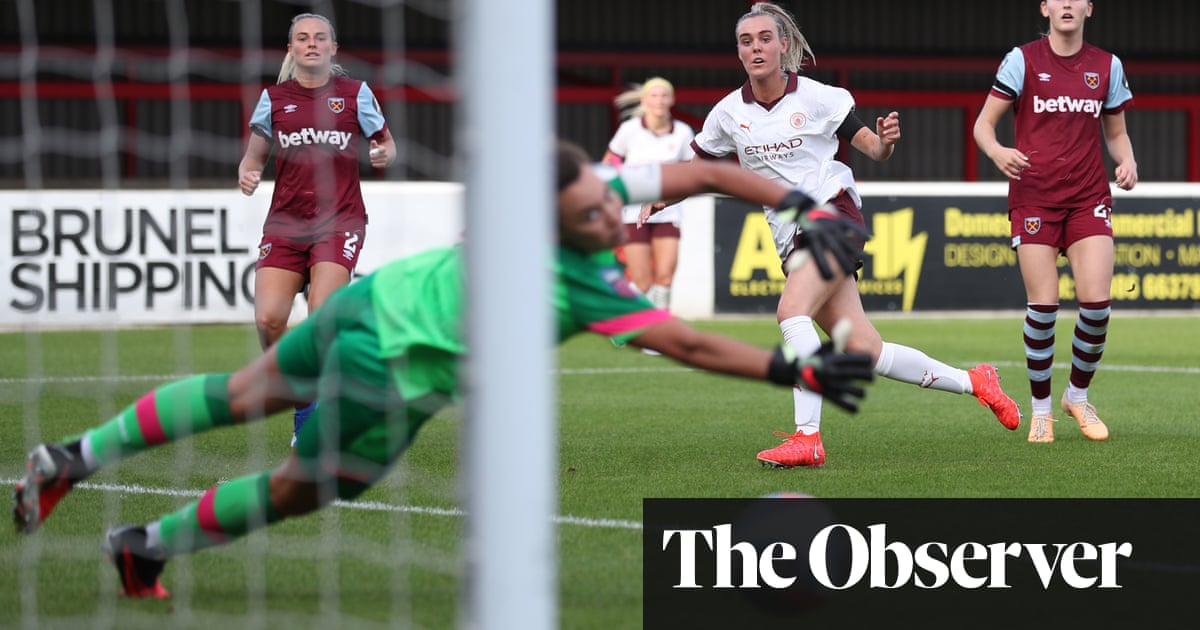
f you live in the United States, everything you have is the result of, or in spite of, violence. As a matter of fact, any history we learn in our schools about our nation is a catalogue of murderous events told in such rapid succession that by the time we graduate from high school we are numb enough to believe that state-sanctioned brutality is not just normal but, worse, moral.
Our naivety is so deeply rooted that, even today, some citizens think of the civil rights movement as nonviolent. But we disrespect the movement when we revere Martin Luther King’s brilliant leadership without understanding that his work was done at the same time as the pioneering work of Malcolm X and the Nation of Islam, the Black Panther Party, the Deacons for Defense, and many grassroots organisations more interested in an “eye for an eye” than “turn the other cheek”.
Peaceful protest alone has never brought progress, fairness or justice to black people in the United States. Some would even say that white American capitalist power prefers peaceful protest, since militant protest asks for more than what power is willing to offer at a negotiating table.
If I had more space, I’d cue up some popular quotes from Nat Turner, Harriet Tubman, John Brown, and Frederick Douglass. I’d say a bit about how you can’t discuss the history of the American Indian Movement without talking about what else you must be ready to do when you take over and occupy a federal building. I’d remind you that the first gay Pride was a riot led by Black trans women. But I need to move forward in time.
Last week in Minneapolis, Minnesota, officer Derek Chauvin subdued and handcuffed a 46-year-old black man named George Floyd. Chauvin then knelt on Floyd’s neck for almost nine minutes. Completely compliant, Floyd pleaded for his life and called for his mother in the presence of passersby, who begged Chauvin to take his knee off Floyd’s neck. They warned him that Floyd was about to die. Floyd did, indeed, die.
Citizens watching an unjust and unnecessary killing but incapable of intervening is one example of the US as a police state. They can’t intervene, first, because police are doing the killing; second, for fear of losing their own lives; and third, because history says that there will be no justice for the man they mean to save, nor for themselves after they’re killed for trying to do the right thing.
There is no proper training for encounters with law enforcement for black people in the United States. Being compliant or subdued is no guarantee that cops can’t still murder you. And the cases of people such as Freddie Gray in Baltimore prove that – even when death following police brutality and negligence is ruled a homicide – no police officer can ever be held responsible by a medical examiner for committing murder.
After Floyd’s killing, people took to the streets in protest for several days here in the US and abroad, and demonstrations continue. In the United States, because so many of these people were black, they were met with tanks and law enforcement in riot gear. But I don’t want to say too much more about the police just yet, because everyone knows that their real job in times of protest is to enforce the American value of property over life. Save for more military-grade weaponry, this has not changed since the turn of the 20th century.
I’d rather think about the citizens marching nationwide for radical change. Of course, most of them are black or young, many in their 20s. Their entire lives, these protesters have known the truth about police brutality. More recently, though, they’ve weathered coronavirus-related deaths and illnesses of parents, grandparents and friends. (Floyd himself recovered from the virus before his killing.)
They’re aware of all the ways our government enabled the spread of the virus, and they know they risk their own health when they gather to declare their need for something more than reform when it comes to policing. They found out about the baffling killings of people including Breonna Taylor, Ahmaud Arbery and Tony McDade after having sheltered in place for many weeks. They live in a nation where the unemployment rate reached nearly 15%. If they participated in any looting, they probably needed and used what they stole. They know that capitalism comes before public health here. They think about the future.
These are the circumstances under which an overwhelming majority of these young people protest peacefully while others have bricked, burned, and spray-painted buildings. When we talk about violent protest in the United States, we generally mean that someone broke a window or took a pair of shoes, not that they physically harmed anyone. I find this outrageous in the context of police throwing teargas at and shooting rubber bullets into peaceful crowds. And it seems silly in light of the fact that Chauvin was only arrested the morning after protesters burned down a police station in Minneapolis – that’s four days after he killed Floyd.
In Philadelphia, protesters defaced the Frank Rizzo statue beyond recognition. The image of the former mayor stood facing City Hall for two decades in spite of the fact that he ran on phrases such as “Vote white”, and commanded that police heading to the scene of a protest “get their black asses”. City officials finally removed the statue in the night after it was vandalised. No letter-writing campaign made that happen.
I do not mean to incite anyone to riot. I mean to remember that the worst thing about the current moment of protest is that it wouldn’t have happened had George Floyd lived. History should tell us that whatever anyone does in the present moment to express rage at the police state is as necessary as Nat Turner’s slave rebellion in 1831.
These rebels and rabble-rousers marching today have something radical in mind. They are not interested in reaching for the middle ground when it comes to institutions that exist only to patrol, intimidate and kill us. We know that it once seemed insane to say, “abolish slavery”. And we are ready to get called crazy when we say, “abolish the police”. As it is, the scenes we’re watching on the news and through social media may as well be reruns of a poorly written TV show. The police are the problem in every production of that show, so they should go so we can stop watching it.
If you don’t think police are the problem, then you think black people are. If, after everything you’ve seen, you think that over the last 100 years the problem of police brutality is black people, then you’re a racist.
• Jericho Brown is an American poet and writer, and the 2020 winner of the Pulitzer Prize for Poetry
• On Tuesday 9 June at 7pm BST (2pm EDT) the Guardian is holding a live-streamed event about the meaning of George Floyd’s killing, featuring Guardian journalists including US southern bureau chief Oliver Laughland, reporter Kenya Evelyn, writer Chris McGreal and columnist Malaika Jabali. Book tickets here












